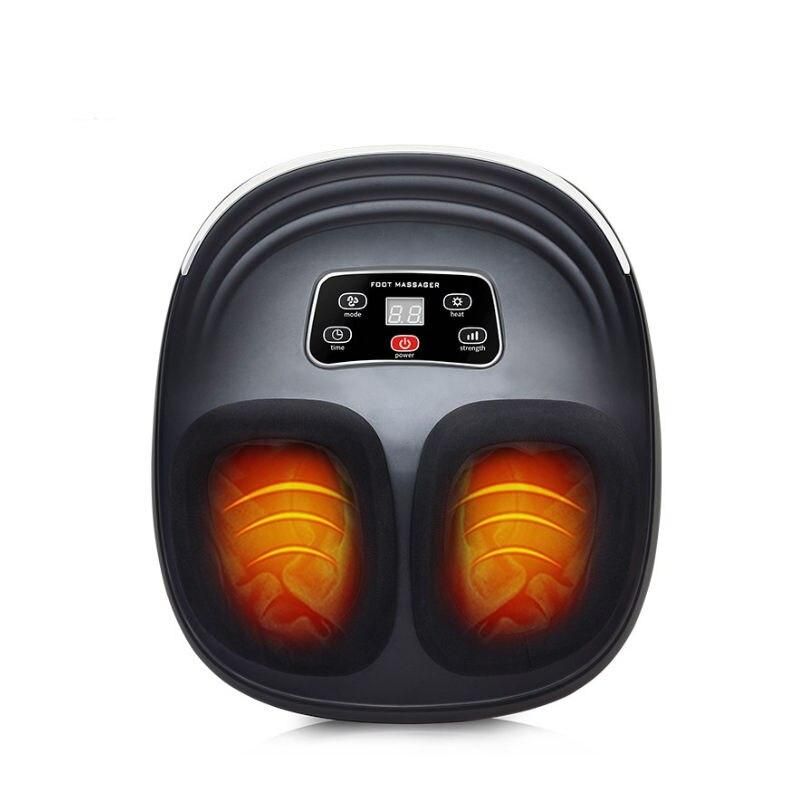
- Vitamin E oil is a powerful natural remedy for scars, especially on darker complexions.
- Its antioxidant properties help protect and repair skin, reducing the appearance of scars.
- Dark skin is prone to hyperpigmentation, making gentle scar treatment essential.
- Proper application of Vitamin E oil can maximize its benefits for skin healing.
- It’s important to choose high-quality Vitamin E oil and use it safely to avoid adverse reactions.
Unveiling the Power of Vitamin E Oil
When it comes to treating scars, nature has provided us with some potent remedies. Among these, Vitamin E oil shines as a beacon of hope, particularly for those with darker complexions. It’s a remedy that’s been passed down through generations, not just because it’s all-natural, but because it works. Let’s dive into the heart of this oil’s unique abilities and why it’s revered in the realm of skincare.
What Makes Vitamin E Oil Unique?
Vitamin E oil isn’t just another trend in the beauty world; it’s backed by science. This oil is teeming with antioxidants, which are like the guardians of your skin, fending off the attacks from free radicals that can lead to premature aging and scarring. Moreover, Vitamin E is a natural moisturizer, which means it can help keep your skin hydrated and supple, encouraging a smoother, more even-toned appearance as scars heal.
How Vitamin E Oil Supports Skin Healing

Think of Vitamin E oil as a nurturing force for your skin. Its antioxidants promote skin repair, while its anti-inflammatory properties soothe irritated skin. When you apply Vitamin E oil to a scar, you’re essentially giving your skin the tools it needs to mend itself. It helps in rebuilding the tissue, fading the scar over time, and restoring the natural beauty of your skin.
Why Darker Complexions Need Special Scar Care
Scars aren’t just physical marks; they can also be emotional burdens. This is particularly true for individuals with darker skin tones, where scars can be more prominent and challenging to treat. But fear not, as understanding the nuances of darker complexions can lead to effective scar care that’s both gentle and effective.
Understanding Hyperpigmentation in Darker Skin
Hyperpigmentation is the darkening of an area of skin caused by increased melanin. Darker skin tones naturally have more melanin, which offers some protection against the sun but also means that any damage or inflammation can trigger an overproduction of pigment, leading to dark spots or scars. Therefore, it’s crucial to use scar treatments that don’t exacerbate this condition.
The Safe Approach to Treating Scars on Dark Skin
The key is to be gentle. Harsh chemicals and aggressive treatments can do more harm than good, potentially leading to further discoloration. Vitamin E oil, with its natural healing properties, offers a kinder way to help reduce the appearance of scars without irritating your skin.
Applying the Oil for Maximum Benefit
To get the most out of Vitamin E oil for scar treatment, consistency and technique are key. Start with clean skin to ensure maximum absorption. Apply a few drops of the oil onto your fingertips and gently massage it into the scarred area using circular motions. This not only helps the oil penetrate deeper but also boosts circulation, aiding in the healing process. Do this twice daily, in the morning and before bed, to see gradual improvement in the scar’s appearance.
Real Results: Vitamin E Oil Success Stories
Many have turned to Vitamin E oil as a natural solution to their scarring concerns and have seen remarkable transformations. The proof isn’t just in the mirror—it’s also in the photos they’ve shared, the stories they’ve told, and the confidence they’ve regained.
Before and After: Visual Evidence of Scar Improvement
-
A young woman with acne scars found that after three months of consistent use, her scars were less raised and had lightened significantly.
-
A man with a surgical scar reported that Vitamin E oil helped soften the scar’s texture, making it less noticeable.
-
A mother used Vitamin E oil on her child’s injury scar, and within weeks, the redness and size had reduced.
These examples underscore the potential of Vitamin E oil as a scar treatment. The visual changes are a testament to its effectiveness, especially when used diligently over time.
Remember, each scar is unique, and results can vary based on factors like the age of the scar, skin type, and the severity of the initial wound. However, the common thread in these success stories is the regular application of Vitamin E oil, which played a crucial role in their scar-healing journey.
For those wondering about the timeline, it’s important to set realistic expectations. Scars can take months, even years, to heal fully. But with Vitamin E oil, many notice a positive change within a few weeks, with continuous improvement over time.
Combining Vitamin E Oil with Other Natural Remedies

While Vitamin E oil is powerful on its own, it can be combined with other natural ingredients to enhance its healing properties. For example, mixing Vitamin E oil with aloe vera gel can provide an extra soothing effect, while adding it to almond oil can further promote skin elasticity and moisture.
Complementary Natural Ingredients for Enhanced Healing
Some complementary natural ingredients include:
-
Aloe vera: Known for its cooling and anti-inflammatory properties.
-
Almond oil: Rich in Vitamin E and helps with skin hydration and elasticity.
-
Lavender oil: Has soothing properties and can reduce redness and irritation.
DIY Recipes for Homemade Scar Treatment Blends
Creating your own scar treatment blend is simple. Mix a few drops of Vitamin E oil with an equal amount of aloe vera gel for a soothing scar treatment. For a more nourishing blend, combine Vitamin E oil with almond oil and a drop of lavender oil for added calming effects. Apply these blends in the same manner as pure Vitamin E oil for a natural, powerful scar remedy.
Safety First: Precautions When Using Vitamin E Oil
While Vitamin E oil is generally safe for topical use, it’s important to be mindful of potential sensitivities. Always perform a patch test by applying a small amount of the oil to an inconspicuous area of skin and wait 24 hours to check for any adverse reaction.
Understanding Potential Side Effects
Possible side effects can include skin irritation, itching, or a rash. If you experience any of these symptoms, discontinue use immediately and consult a healthcare provider if necessary. Remember, less is more; using too much oil can lead to skin issues such as breakouts, especially if you have oily or acne-prone skin.
When to Consult a Dermatologist
If you have deep or severe scars, or if your scars are not responding to home treatment, it’s wise to consult a dermatologist. They can provide professional advice and treatment options, including whether Vitamin E oil is appropriate for your specific skin concerns.
Vitamin E oil has been touted as a natural remedy for healing skin scars, particularly in individuals with darker complexions. This natural antioxidant is known for its moisturizing properties and its ability to improve the appearance of scars over time. While microdermabrasion is another popular treatment for scars, Vitamin E oil offers a gentler and more affordable option that can be used in the comfort of your own home.
As we navigate the world of natural skincare, it’s important to remember that every individual’s skin is unique, and what works for one person may not work for another. That’s why it’s crucial to listen to your skin and give it the care it deserves. Now, let’s address some common questions you might have about using Vitamin E oil for scar treatment.
Frequently Asked Questions (FAQ)
1. Can Vitamin E Oil Be Used on Sensitive Skin?
Yes, Vitamin E oil can be used on sensitive skin, but with caution. It’s essential to choose a high-quality, pure Vitamin E oil to minimize the risk of irritation. Start with a patch test and wait for any signs of a reaction. If your skin tolerates the oil well, you can incorporate it into your skincare routine. However, if you experience any discomfort, it’s best to stop using the oil and consult with a dermatologist.
2. How Long Does It Take for Scars to Fade with Vitamin E Oil?
The time it takes for scars to fade with Vitamin E oil varies from person to person. Factors such as the age of the scar, your skin type, and the size and depth of the scar all play a role. Generally, you may start to see improvements in the appearance of scars within a few weeks of consistent use. For best results, continue to apply the oil twice daily for several months.
3. Is Vitamin E Oil Effective for Old Scars?
Vitamin E oil can be effective for old scars, although it may take longer to see results compared to newer scars. The oil’s moisturizing and reparative properties can gradually improve the appearance of scars over time. Patience and persistence are key when treating older scars with Vitamin E oil.
4. Can Vitamin E Oil Cause Breakouts?
While Vitamin E oil is beneficial for many, it can cause breakouts in some individuals, especially those with oily or acne-prone skin. To minimize the risk of breakouts, use the oil sparingly and only on the scarred areas. If you notice an increase in breakouts after using Vitamin E oil, it may be best to discontinue use and seek alternative treatments.
5. How Often Should I Apply Vitamin E Oil to My Scars?
For optimal results, apply Vitamin E oil to your scars twice daily—once in the morning and once in the evening. Consistency is essential, as regular application supports the skin’s healing process. Just a few drops are enough; applying too much oil can lead to skin congestion and breakouts.


